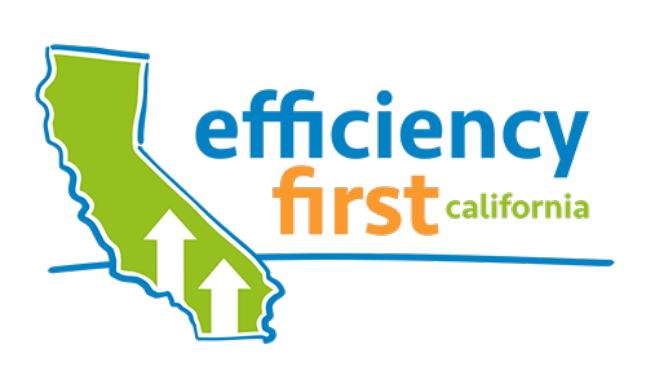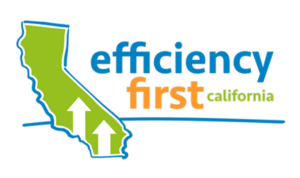The California Air Resources Board (CARB) is hosting a series of listening sessions about potential new zero-emissions space and water heating standards. These standards are designed to reduce greenhouse gas emissions (GHG) and nitrogen oxide (NOx) emissions from new space and water heating systems sold in California. The proposed standards would not impact the use or repair of existing systems until those systems are replaced.
What are the proposed standards?
CARB has proposed that all space and water heating systems sold in California emit no GHGs during operation. Current equipment can be used until the end of life, but replacement equipment would have to be zero-emission.
The current proposed standards would have a staggered effective date, beginning with storage water heaters in 2027, followed by furnaces and tankless water heaters in 2029, then commercial boilers, commercial tankless, and pool heaters in 2031, ending with high-temperature boilers in 2033.
The zero-emissions space and water heating equipment will generally be heat pump technology, with limited use of electric resistance in certain instances. Title 20 (Appliance Standards), Title 24, Part 6 (Energy Code), and Part 11 (CalGREEN) will still apply to all projects to regulate the energy efficiency of the installed equipment.
CARB is considering the impacts in rural/under-resourced areas, and in areas that experience frequent and extended power outages. They’re working to develop exceptions for situations where implementation is not feasible.
How will this impact YOU?
Contractors, industry partners, and community members have an opportunity to give CARB feedback about these standards. Whether you agree or disagree with the proposed standards, NOW is your chance to speak up.
EFCA recommends you attend at least one of the listening sessions to gather information and give your opinions about this upcoming regulatory change. Several in-person meetings and virtual sessions are scheduled through the end of October.


